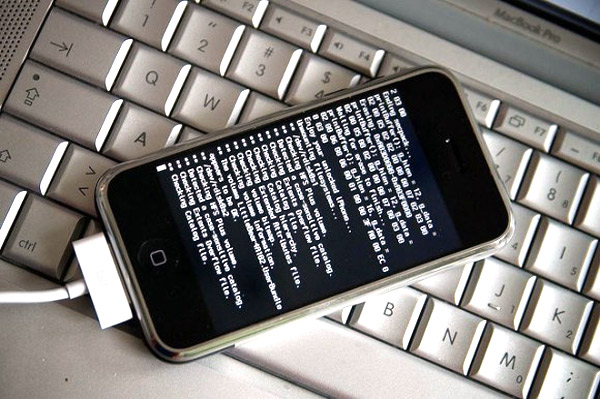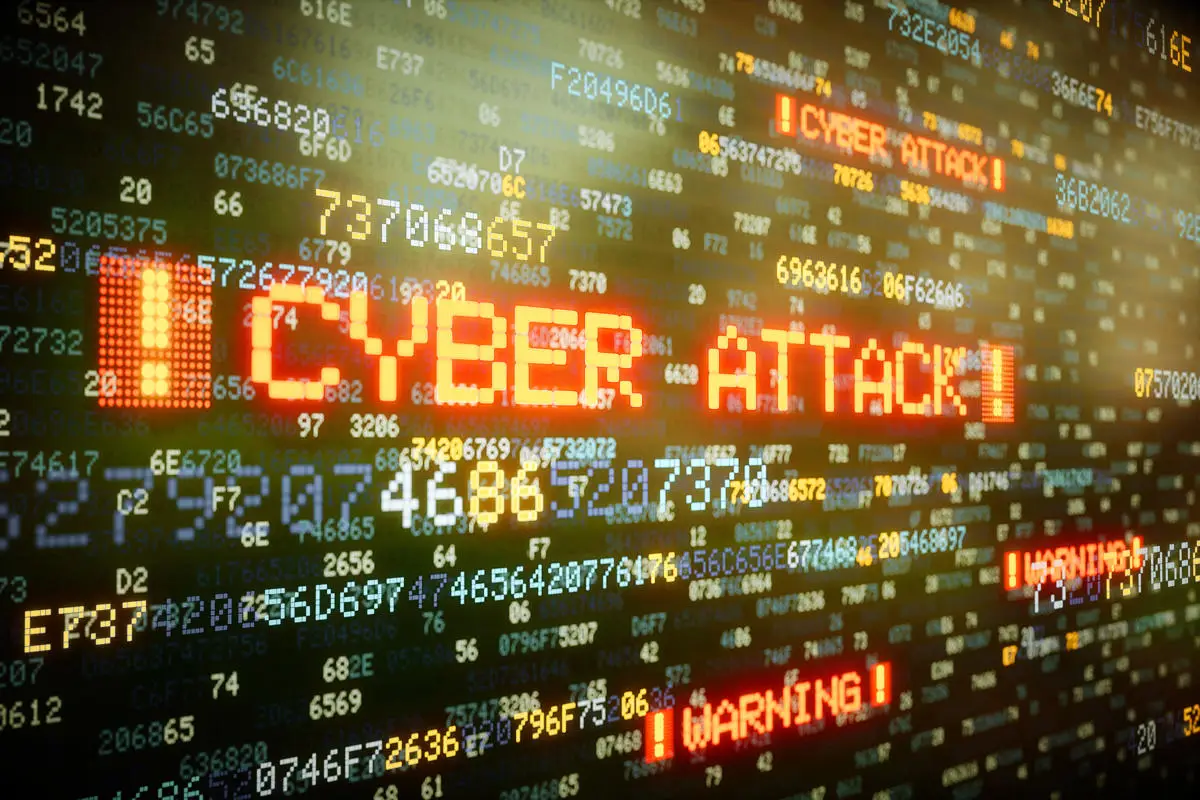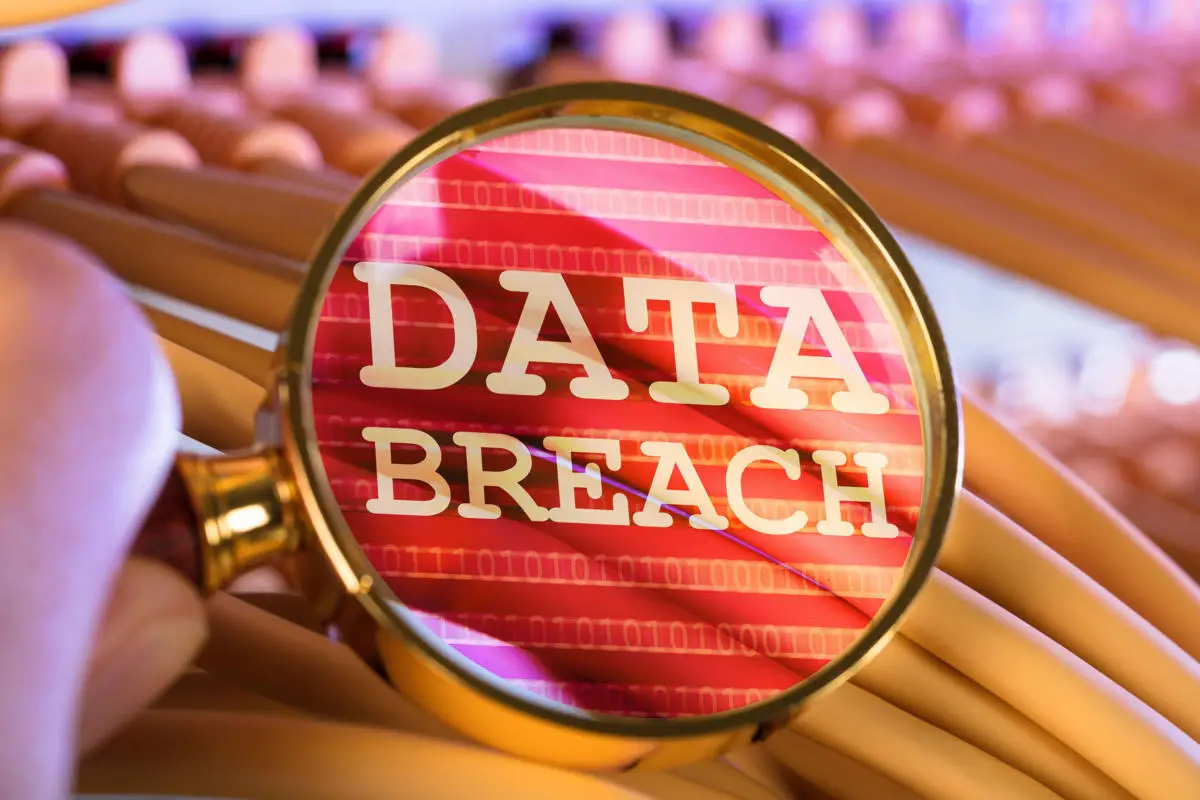
Cyber Crime Emergency Response Team (CERT) is India’s 1st crime investigation agency who look after for cyber crime related cases, digital evidence collection, create new investigation method to solve organized crime, solve high profile crime cases. Cyber CERT is providing support to government officials, agencies, investigation firms.
Important Links
ASD Cyber Crime Emergency Response Team helps people to guide the legal procedure in filing any cyber crime related cases. Our unit specially works in gathering all types of digital evidence from the internet, companies, organization, victim, crime scene, individual by coordinating with their respective members. We also help government officials and investigation agencies in mobile forensic, computer/laptop forensic, CCTV forensic, storage device forensic, logs analysis, document forensic etc. and help them in explaining complex matters in court as an expert witness. Our team is available 24*7 for any type of on-site crime, investigate old crime cases, creating new technique to solve cases, developing new investigation methodology.
We Investigate

Financial Frauds
Financial fraud happens when someone deprives you of your money or otherwise harms your financial health through misleading, deceptive, or other illegal practices over the internet. This can be done through a variety of methods such as identity theft etc.

Social Media Frauds
Social media, such as Facebook, YouTube, Twitter, and LinkedIn, have become key tools for investors worldwide, and criminals often use these platforms to fudge innocent people

Organized Frauds
Organized fraud is a specific criminal offense in Florida that involves creating a scheme to defraud others of money or property by concealing the identity of the sender and sending a personalized sales message to the victim or victims.

Blackmailing
Most online blackmail centers around the threat of releasing sensitive personal photographs or information. Nude photographs or video recordings are a common target. Sometimes, the blackmailer will use the victim’s webcam to make recordings without their knowledge, then use those to force the victim to do something

Corporate Frauds
corporate frauds can take place in the form of Fraudsters setting up a merchant account in your company’s name and accepting orders for goods that they do not supply OR hijacking your website to redirect orders to their server OR posing as company directors, then changing the directors and registered address of the business.

Mobile Forensic
Mobile forensics is a branch of digital forensics related to the recovery of digital evidence from mobile devices. Forensically sound is a term used extensively in the digital forensics community to qualify and justify the use of particular forensic technology or methodology.

On-site Investigation
A lot of national and federal agencies use interviews and surveillance reports to obtain proof of cybercrime. Surveillance involves not only security cameras, videos and photos, but also electronic device surveillance that details what's being used and when, how it's being used, and all the digital behavior involved.

Legal Consultancy
we also provide legal guidance to clients and businesses in case of any sort of cybercrime
ASDN Cybernetics Forensic Services

Forensic Advisor
Legal advisors provide clients or organizations with advice, guidance, and support related to a range of legal issues or concerns.

Digital Forensic
Digital forensics is a branch of forensic science that focuses on identifying, processing, analysing, and reporting on data stored electronically.

Cyber Attack
A cyber attack is an assault launched by criminals using one or more computers against a single or multiple computers or networks.

Data Breach
A data breach is an incident where information is stolen or taken from a system without the knowledge or authorization of the system's owner. A small company or large organization may suffer a data breach.

65-B Certificate
Indian Evidence Act, 1872 ; Section 65B(4) - Certificate under Section 65B(4) is a mandatory requirement for production of electronic evidence - Oral evidence in the place of such certificate cannot possibly suffice (Para 20-21)
Cyber Crime Cases
According to research and national crime databases we have ranked cyber crime according to it’s no. of reports received on a per day basis.
Credit card (or debit card) fraud involves an unauthorized use of another’s credit or debit card information for the purpose of purchases or withdrawing funds from it.
Vishing is an attempt where fraudsters try to seek personal information like Customer ID, Net Banking password, ATM PIN, OTP, Card expiry date, CVV etc. through a phone call.
Online Job Fraud is an attempt to defraud people who are in need of employment by giving them a false hope/ promise of better employment with higher wages.
Spamming occurs when someone receives an unsolicited commercial messages sent via email, SMS, MMS and any other similar electronic messaging media. They may try to persuade recepient to buy a product or service, or visit a website where he can make purchases; or they may attempt to trick him/ her into divulging bank account or credit card details.
Impersonation and identity theft is an act of fraudulently or dishonestly making use of the electronic signature, password or any other unique identification feature of any other person.
Smishing is a type of fraud that uses mobile phone text messages to lure victims into calling back on a fraudulent phone number, visiting fraudulent websites or downloading malicious content via phone or web.
Report Fake Accounts

If you don't have a Facebook account and need to report someone who is pretending to be you, please fill in this form.

If someone has created an Instagram account pretending to be you or someone you know, please use this form to file a report.

If someone has created an Twitter account pretending to be you or someone you know, please use this form to file a report.

YOUTUBE
Please fill in the information below and be sure to attach a copy of your photo ID in the field provided.
Useful Cyber Laws
A person who intentionally conceals, destroys or alters any computer source code (such as programmes, computer commands, design and layout), when it is required to be maintained by law commits an offence and can be punished with 3 years’ imprisonment or a fine of 2 Lakhs INR or both
If a person fraudulently uses the password, digital signature or other unique identification of another person, he/she can face imprisonment up to 3 years or/and a fine of 1 Lakh INR.
If a person cheats someone using a computer resource or a communication device, he/she could face imprisonment up to 3 years or/and fine up to 1 Lakh INR
If a person captures, transmits or publishes images of a person’s private parts without his/her consent or knowledge, the person is entitled to imprisonment up to 3 years of fine up to 2 Lakhs INR or both
A person can face life imprisonment if he/she denies an authorized person the access to the computer resource or attempts to penetrate/access a computer resource without authorization, with an aim to threaten the unity, integrity, security or sovereignty of the nation. This is a non-bailable offence.
If a person captures, publishes or transmits images of a child in a sexually explicit act or induces anyone under the age of 18 into a sexual act, then the person can face imprisonment up to 7 years or fine up to 10 lakhs INR or both
If a body corporate is negligent in implementing reasonable security practices which causes wrongful loss or gain to any person, such body corporate shall be liable to pay damages to the affection person.
Fact about cyber crime cases
Aaccording to a 2017 report, Indian consumers had lost over 18 billion U.S. dollars due to cyber crimes. In 2018, there were over 27 thousand cases of cyber crimes recorded in the country, marking an increase of over 121 percent compared to the number of cases just two years back. While the nature of crimes ranges from petty online frauds to lottery scams and sexual harassment, the most targeted crimes seem to be in the banking and finance sector.

Cyber Crime FAQ
When Internet was developed, the founding fathers of Internet hardly had any inclination that Internet could also be misused for criminal activities. Today, there are many disturbing things happening in cyberspace. Cybercrime refers to all the activities done with criminal intent in cyberspace. These could be either the criminal activities in the conventional sense or could be activities, newly evolved with the growth of the new medium. Because of the anonymous nature of the Internet, it is possible to engage into a variety of criminal activities with impunity and people with intelligence, have been grossly misusing this aspect of the Internet to perpetuate criminal activities in cyberspace. The field of Cybercrime is just emerging and new forms of criminal activities in cyberspace are coming to the forefront with the passing of each new day.
There can be no one exhaustive definition about Cybercrime. However, any activities which basically offend human sensibilities, can also be included in its ambit. Child Pornography on the Internet constitutes one serious Cybercrime. Similarly, online pedophiles, using internet to induce minor children into sex, are as much Cybercriminals as any others.
Cybercrimes can be basically divided into 3 major categories being Cybercrimes against persons, property and Government.
Cybercrimes committed against persons include various crimes like transmission of child-pornography, harassment of any one with the use of a computer such as e-mail, and cyber-stalking.
The trafficking, distribution, posting, and dissemination of obscene material including pornography, indecent exposure, and child pornography, constitutes one of the most important Cybercrimes known today. The potential harm of such a crime to humanity can hardly be overstated. This is one Cybercrime which threatens to undermine the growth of the younger generation as also leave irreparable scars and injury on the younger generation, if not controlled.
Cyber harassment is a distinct Cybercrime. Various kinds of harassment can and does occur in cyberspace, or through the use of cyberspace. Harassment can be sexual, racial, religious, or other. Persons perpetuating such harassment are also guilty of cybercrimes. Cyber harassment as a crime also brings us to another related area of violation of privacy of netizens. Violation of privacy of online citizens is a Cybercrime of a grave nature. No one likes any other person invading the precious and extremely touchy area of his or her own privacy which the medium of Internet grants to the netizen.
The second category of Cybercrimes is that of Cybercrimes against all forms of property. These crimes include unauthorized computer trespassing through cyberspace, computer vandalism, transmission of harmful programs, and unauthorized possession of computerized information.
The third category of Cybercrimes relate to Cybercrimes against Government. Cyber Terrorism is one distinct kind of crime in this category. The growth of Internet has shown that the medium of Cyberspace is being used by individuals and groups to threaten the international governments as also to terrorise the citizens of a country. This crime manifests itself into terrorism when an individual &”cracks&” into a government or military maintained website.
Since Cybercrime is a newly specialised field, growing in Cyberlaws, a lot of development has to take place in terms of putting into place the relevant legal mechanism for controlling and preventing Cybercrime. As of now, there is absolutely no comprehensive law on Cybercrime any where in the world. This is reason that the investigating agencies like FBI are finding the Cyberspace to be an extremely difficult terrain. These various Cybercrimes fall into that grey area of Internet law which is neither fully nor partially covered by the existing laws and that too in some countries
The case of the virus “I love you” demonstrates the need for having cyberlaws concerning Cybercrimes in different national jurisdictions. At the time of the web publication of this feature, Reuters has reported that “The Philippines has yet to arrest the suspected creator of the ‘Love Bug’ computer virus because it lacks laws that deal with computer crime, a senior police officer said”. The fact of the matter is that there are no laws relating to Cybercrime in the Philippines. The National Bureau of Investigation is finding it difficult to legally arrest the suspect behind the ‘Love Bug’ computer virus. As such, the need for countries to legislate Cyberlaws relating to Cybercrime arises on an urgent priority basis.
We all must remember that Cyberspace is a common heritage of ours which we have inherited in our life times from the benefits of ever growing technologies. This Cyberspace is the lifeline of the entire universe and given its irreversible position today, it is the duty of every netizen to contribute toward making the said cyberspace free of any trouble or cybercrime. To rephrase the famous words of Rabindra Nath Tagore in today’s context, “Where the Cyberspace is without fear or crime and the head is held high, where knowledge is free, where tireless striving stretches its arms towards perfection, into that cyber heaven of freedom, O my father, let our humanity awake.”
Hacking and cracking are amongst the gravest Cybercrimes known till date. It is a dreadful feeling to know that a stranger has broken into your computer systems without your knowledge and consent and has tampered with precious confidential data and information. Coupled with this , the actuality is that no computer system in the world is hacking proof. It is unanimously agreed that any and every system in the world can be hacked. The recent denial of service attacks seen over the popular commercial sites like E-bay, Yahoo, Amazon and others are a new category of Cybercrimes which are slowly emerging as being extremely dangerous. Using one’s own programming abilities as also various programmes with malicious intent to gain unauthorized access to a computer or network are very serious crimes. Similarly, the creation and dissemination of harmful computer programs or virus which do irreparable damage to computer systems is another kind of Cybercrime. Software piracy is also another distinct kind of Cybercrime which is perpetuated by many people online who distribute illegal and unauthorised pirated copies of software.
